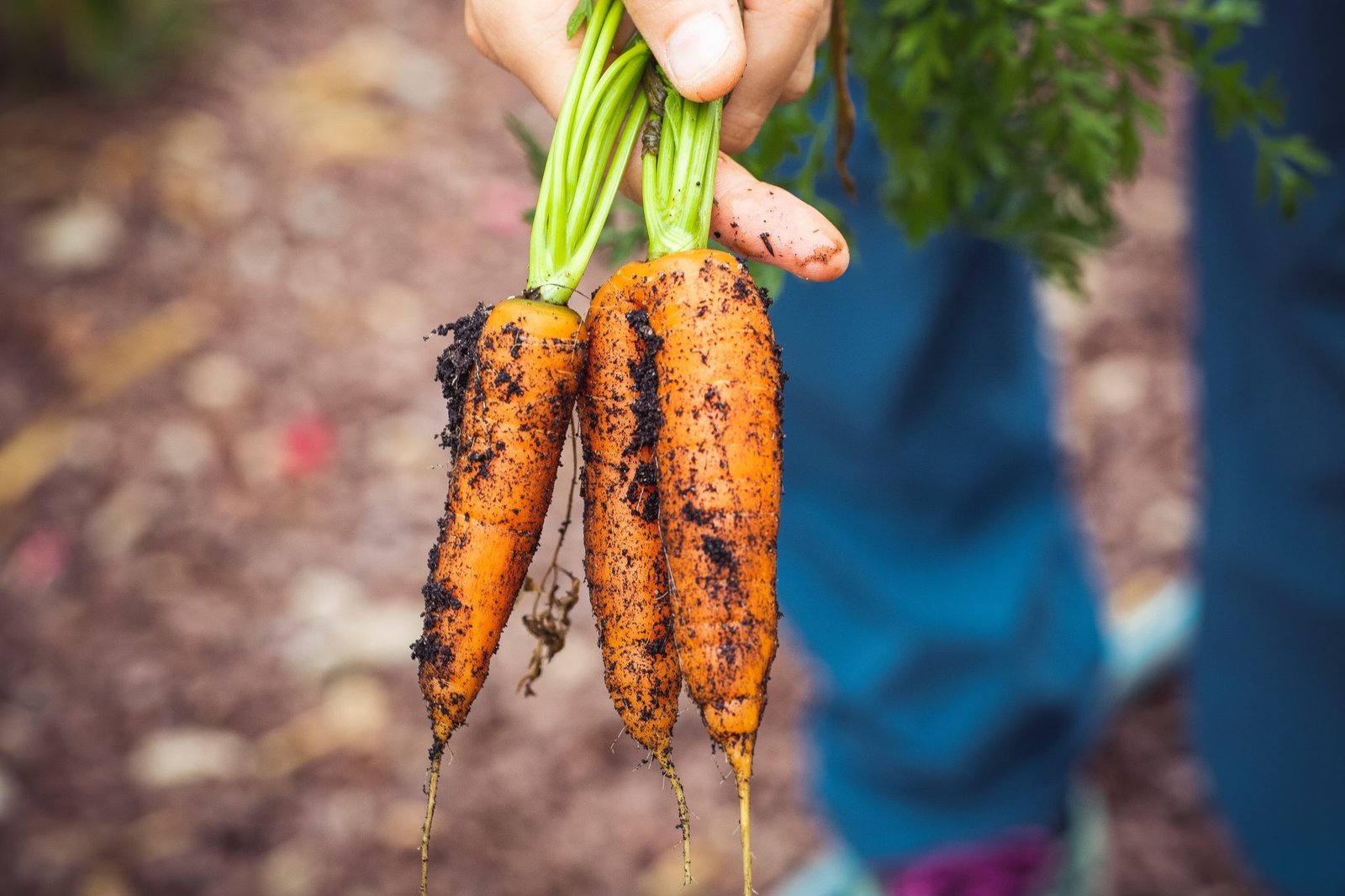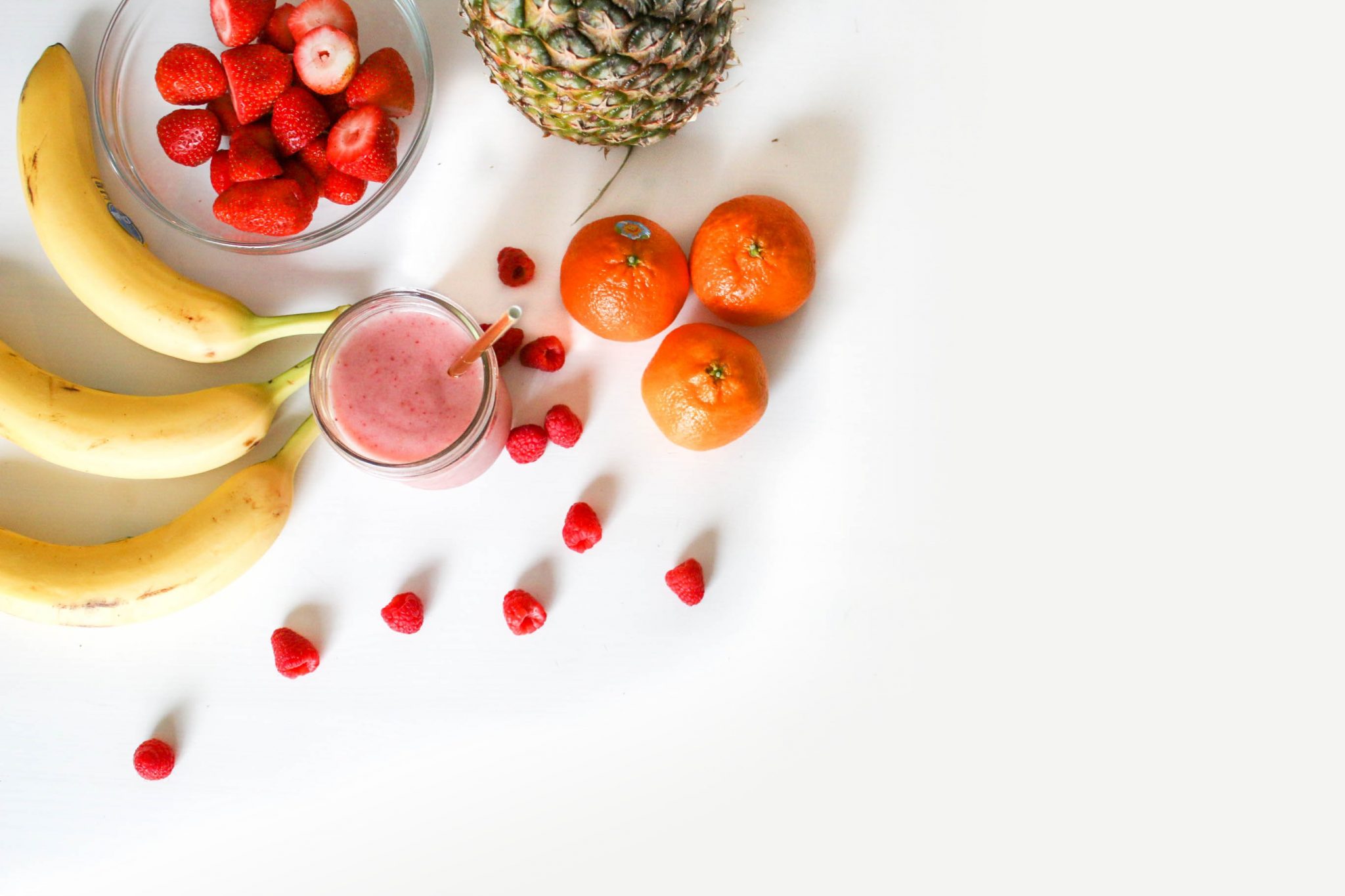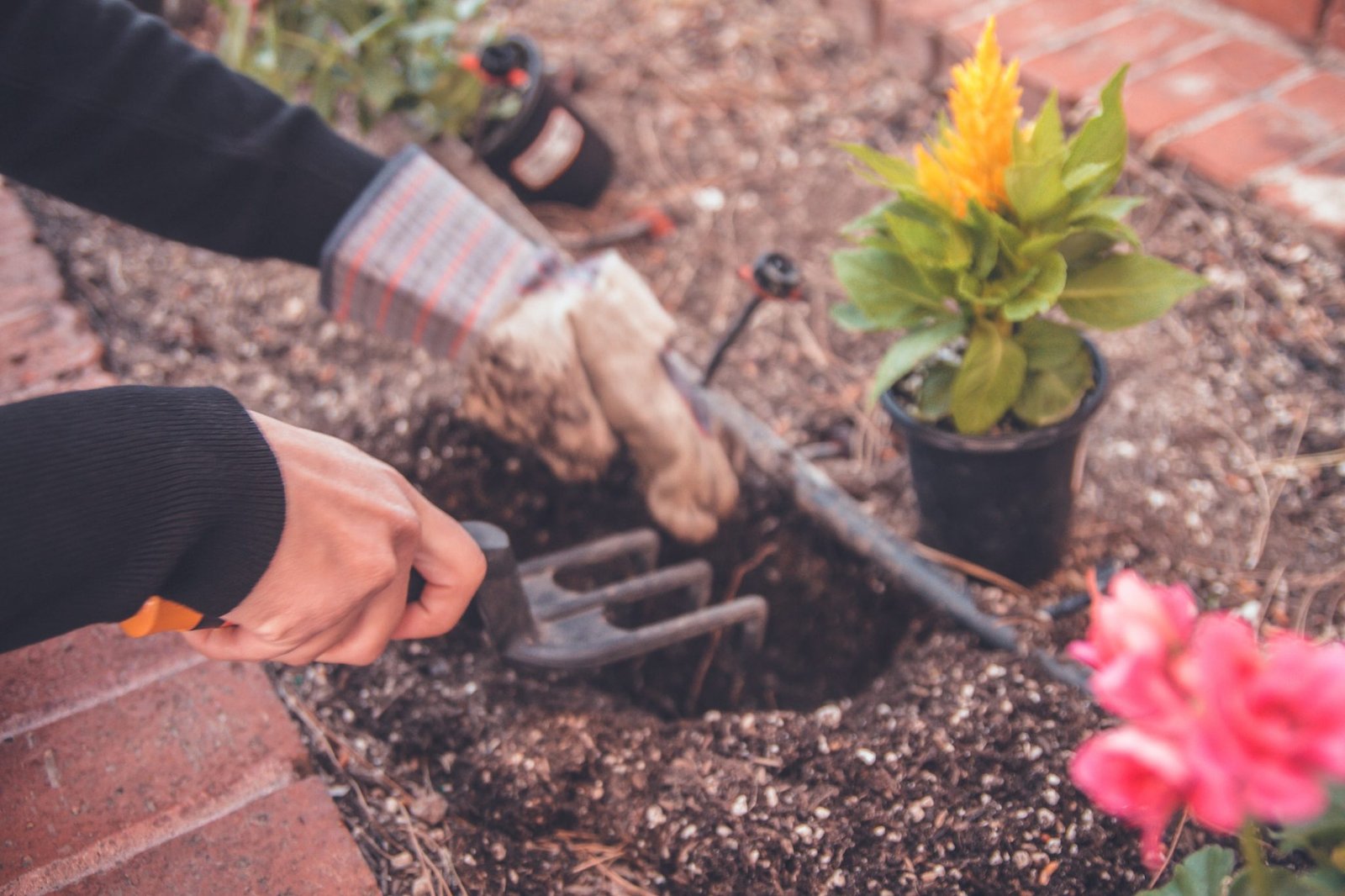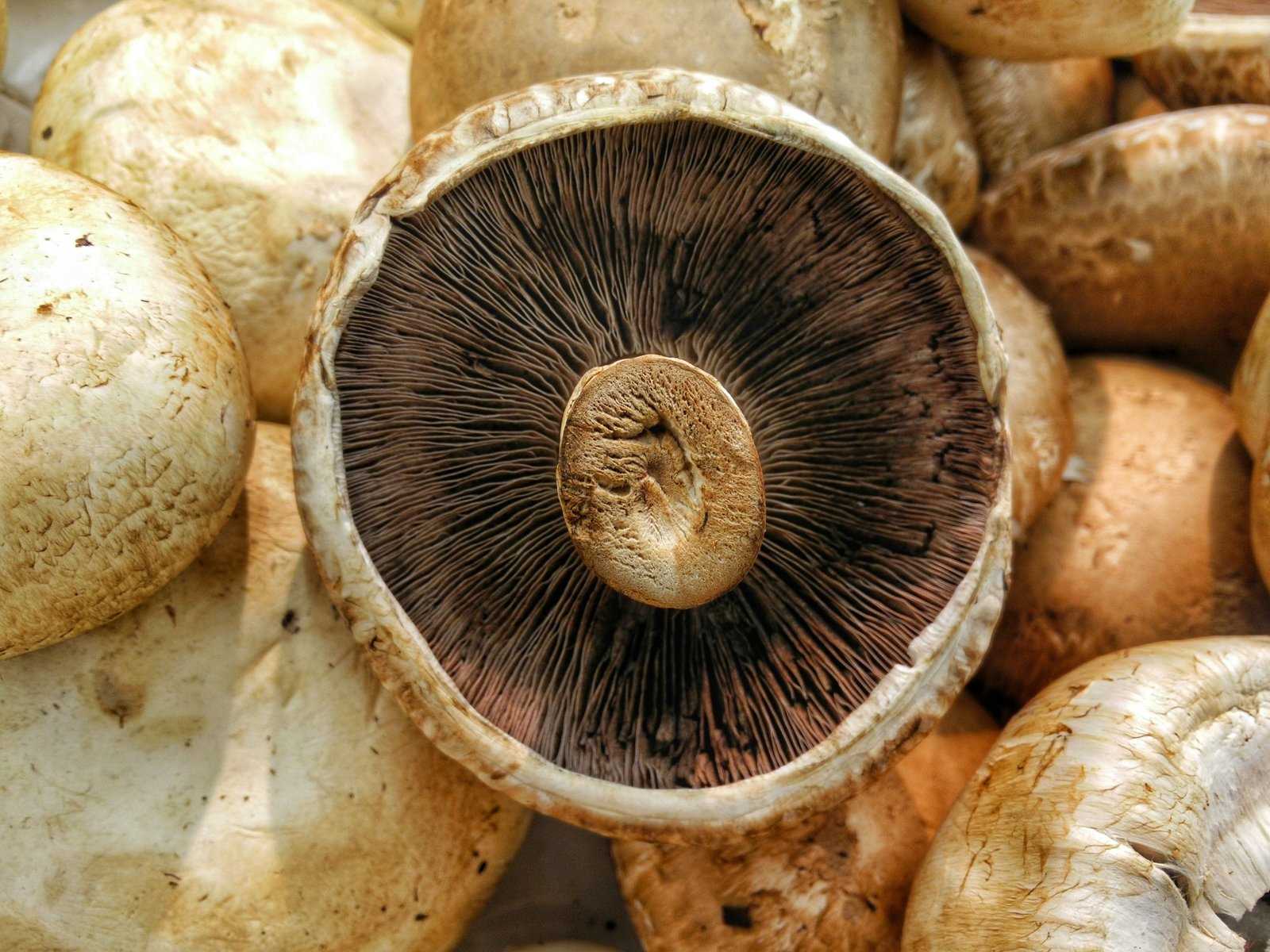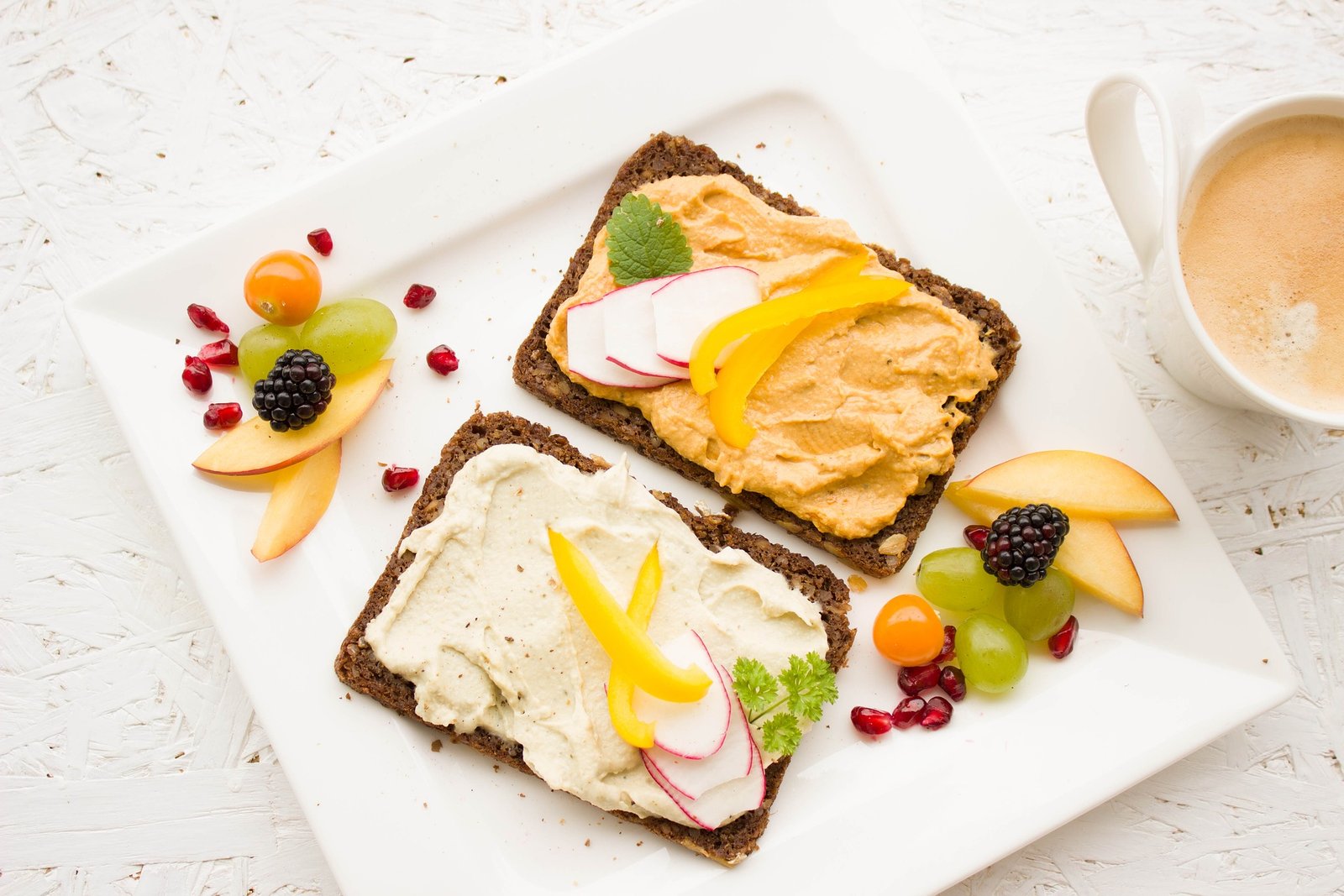Due to the coronavirus, many consumers are changing their eating habits.
About 30% of consumers agree they are eating less healthily, while 42% of consumers think they are eating more healthily, according to data published in Home Gardening Consumer Insights, a recent report by market research firm Packaged Facts.
Based on these findings, it is important that the overall direction is toward healthy eating because food gardening correlates strongly with interest in eating healthy foods.
A large majority of consumers also agree they are now more concerned about food waste, while 34% are eating more locally produced foods. Although 29% of consumers agree they are eating less fresh produce, a strong majority (two-thirds) disagree with this statement, showing that overall, people seem to be trying to eat healthier during the pandemic even as they have access to more and more food options as restaurants and other social venues continue to reopen.
“We believe more people may be looking to plant a food garden to help them on this journey by growing more fresh produce at home and not needing to rely on grocery stores or other retailers,” says Jennifer Mapes-Christ, food and beverage publisher for Packaged Facts.
Even before the coronavirus pandemic, many Americans still gardened as a hobby, even if popularity was waning. Over the last decade, busy consumers previously have had less time to devote to gardening. However, history has shown that during times of crisis interest in home gardening is renewed. For example, historical data indicates the increasing popularity of gardening around the time of the 2007-2009 U.S. recession.
“In times of financial crisis and economic insecurity, consumers often change their behaviors by spending less money on nonessentials and trading down to lower-cost products. Consumers facing insecurity or uncertainty about the future may turn to gardening as a stress-relieving activity, a way to spend one’s time while temporarily unemployed, or a low-cost way to grow food for their families,” says Mapes-Christ.
The natural assumption is that the popularity of home gardening is limited to American homeowners with an outdoor space at their residences, such as a yard, lawn, or garden. Yet even among renters or those with limited access to an outdoor space such as a yard, Packaged Facts’ research suggests that a percentage of people planting a garden due to the coronavirus may be planting container gardens, which can be grown indoors, on a balcony, or in outdoor areas such as a driveway or patio. Homeowners can also grow a variety of herbs, vegetables, and fruits with the convenience of plant species that grow well indoors. They can even cultivate mushrooms such as oyster mushrooms using easy-setup grow kits. More and more homeowners are discovering helpful ways to grow their own food even with limited spaces.

